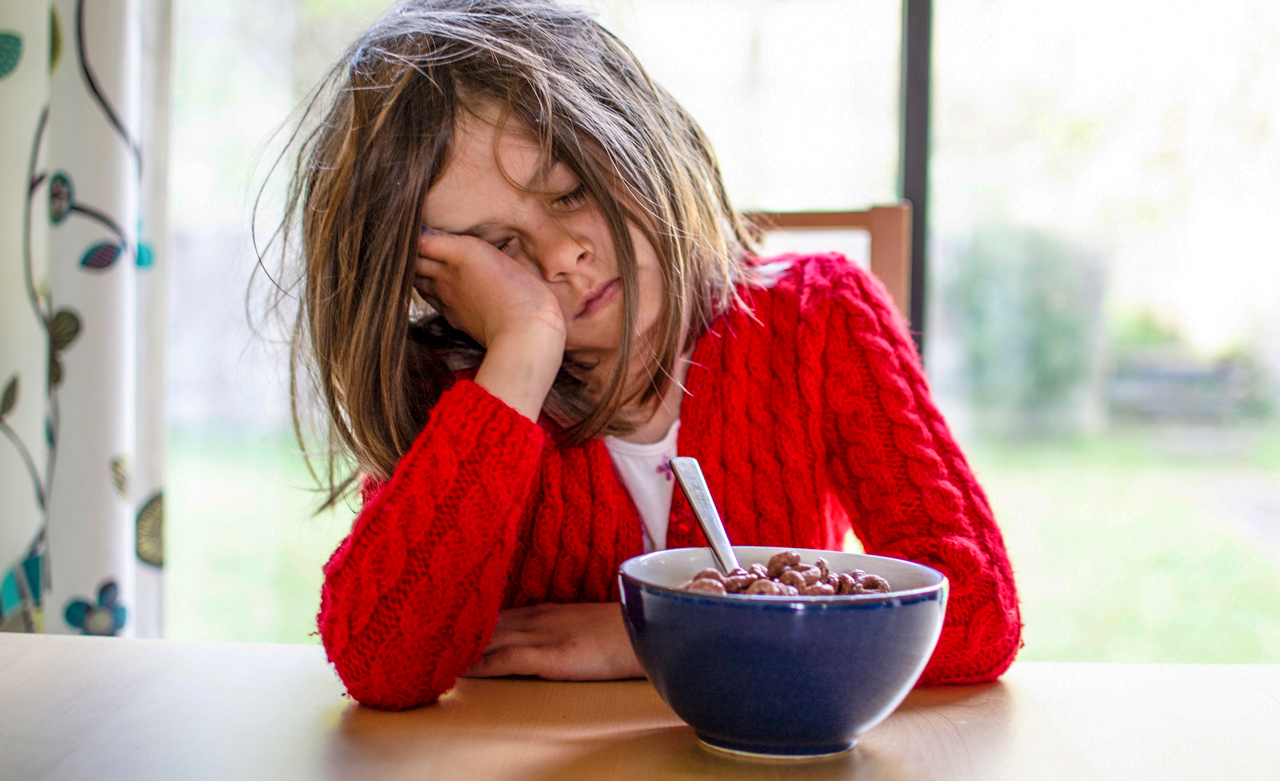Clarissa Chan, PharmD

Since melatonin is naturally produced in the body and adults commonly use melatonin to fall asleep, what’s the harm in giving children melatonin to sleep? Pediatrician Alison Escalante MD, FAAP, said she is careful about what medications children use and was initially slow to start recommending melatonin. “But over the years, the data have supported its safety, and I’ve seen it help so many families who are desperate for help with their children’s sleep,” said Escalante, who is an adjunct professor of pediatrics at Rush University in Chicago.
According to the National Center for Complementary and Integrative Health, a department within NIH, short-term use of melatonin appears to be safe for most children. Similarly, a March 2020 practice guideline in Neurology by Buckley and colleagues—which also systematically reviewed studies dating back to 2017—showed that children and adolescents with autism spectrum disorder can benefit from short-term melatonin use.
However, after analyzing studies dating back to 2017, the authors concluded that the safety of long-term melatonin use is unclear and needs further study.
“Melatonin should never be the first step in treating children with sleep problems,” Escalante cautioned. “It’s important to start with a visit to the pediatrician, where we make sure the kids are not showing signs of sleep disorders, like obstructive sleep apnea and others.”
The concern is that sleep disturbances, if left untreated, could turn into a chronic problem lasting many years.
What is melatonin?
Melatonin is a hormone produced in the pineal gland within the brain that circulates through the body via the bloodstream. Darkness promotes melatonin production, while light triggers a negative feedback loop to halt its production. This influences the body’s internal clock, or circadian rhythms, which helps to regulate the sleep–wake cycle.
Melatonin works by shortening sleep latency—the time it takes to fall asleep—as opposed to helping one stay asleep.
“I find that a dose of 1 mg 1 hour prior to bedtime, or up to 3 mg in older kids, can help with sleep onset,” said Escalante. “Recently, preparations have come on the market that offer biphasic release, and I have noticed some kids improve their sleep maintenance on these, although the dose is as high as 5 mg.”
Known adverse effects from melatonin include drowsiness, headaches, agitation, and increased bed-wetting or urination in the evening.
Because melatonin is a hormone, health care professionals worry that melatonin supplementation could disrupt hormonal development in children and adversely affect puberty and menstrual cycles.
Study insights
While some studies have shown melatonin to be safe and effective in treating children with primary sleep disturbances and in sleep disorders induced by neuropsychiatric conditions such as ADHD and autism, more studies are needed to determine optimal dosing regimens for children. Treatment for sleep disturbances should be based on a patient-centered approach that factors in the type and severity of sleep disturbance, as well as a child’s underlying neuropsychiatric issues.
Further studies are needed to determine which pediatric patients should and should not take melatonin to help with short- or long-term sleep disturbances.
Pharmacists can help
“It is essential that pharmacists direct parents to see their [child’s] pediatrician prior to instituting melatonin use, to avoid missing more serious sleep problems,” said Escalante.
Next, pharmacists should talk with parents and caregivers about sleep hygiene behavioral modifications, such as staying active during the day, avoiding sugary foods or junk foods, turning off screens 1 to 2 hours before bedtime, and instituting a comforting and soothing bedtime routine, said Escalante.
It is also important to inform parents and caregivers that many children are likely to have suppressed melatonin levels because of night lights or electronic devices that emit light at frequencies known to suppress natural melatonin production, Escalante said.
Pharmacists should reference evidence-based sources to help caregivers select the lowest effective dose needed to treat their child’s specific sleep disturbance, in consultation with the child’s pediatrician.
Because multiple formulations are available, including various tablets, capsules, gummies, and liquids, pharmacists can help caregivers ensure the appropriate dosage form works for their child, without unnecessary ingredients that are often marketed as similar products.